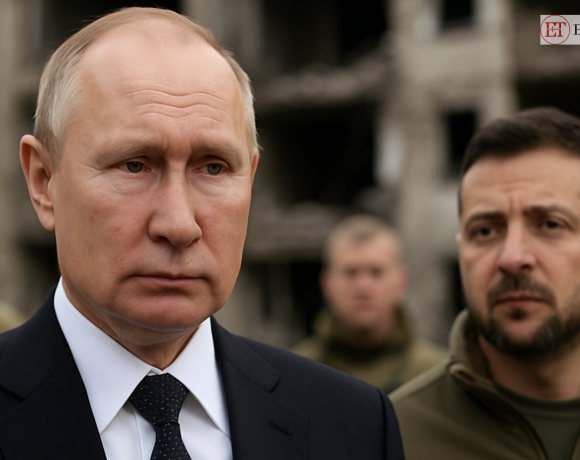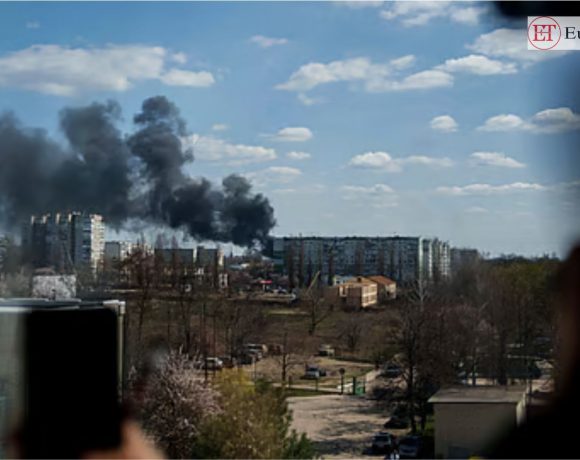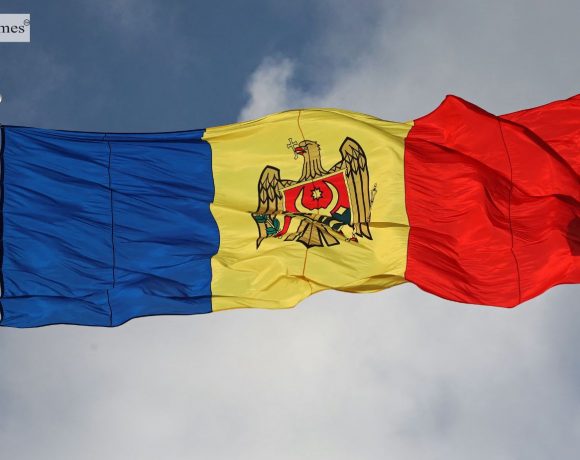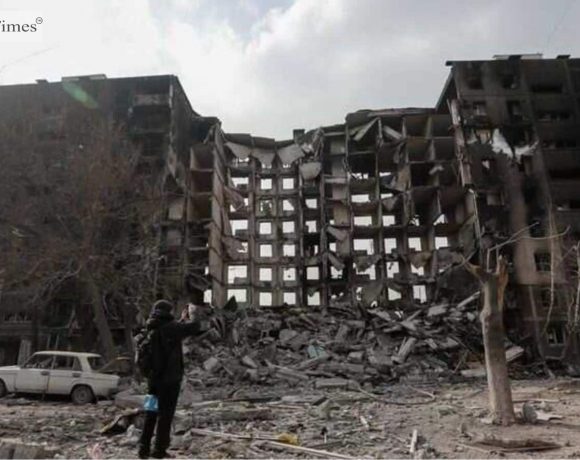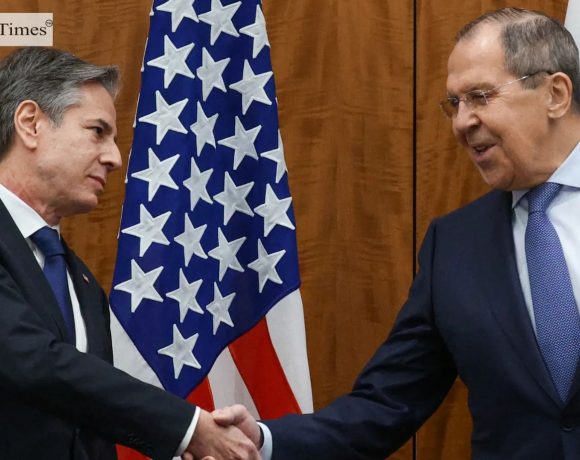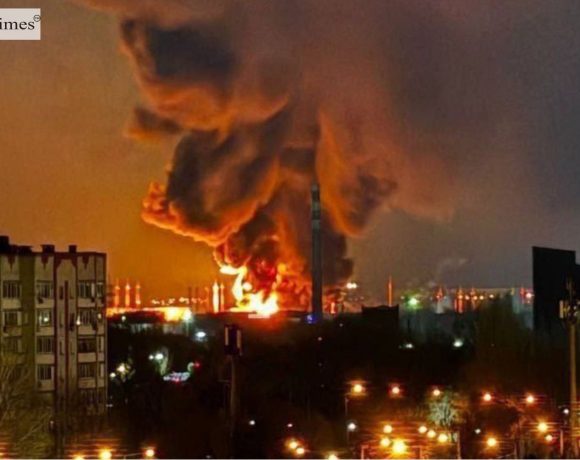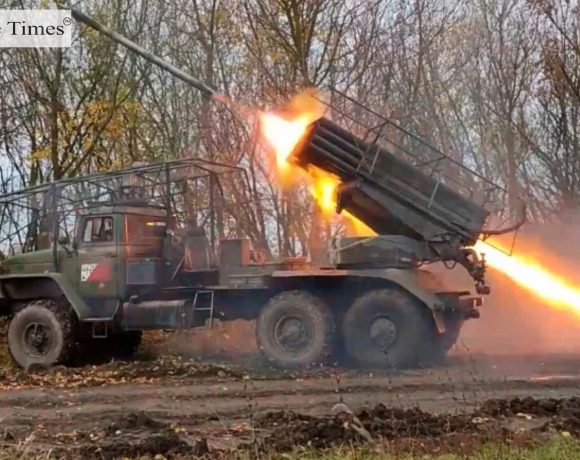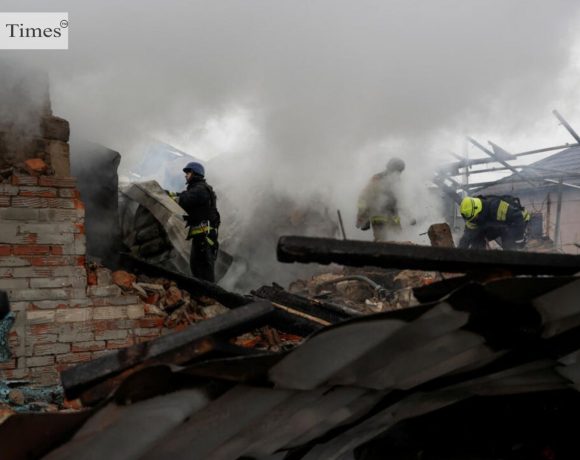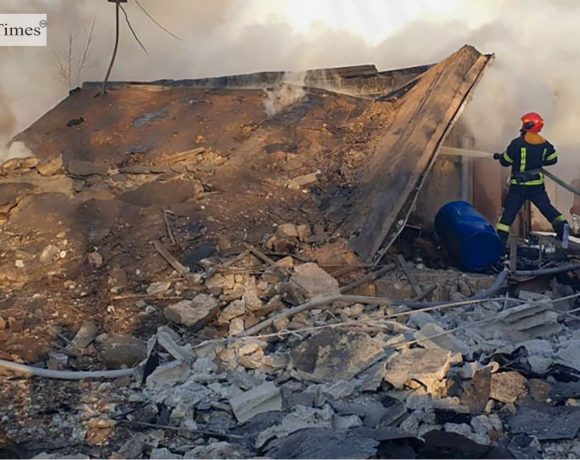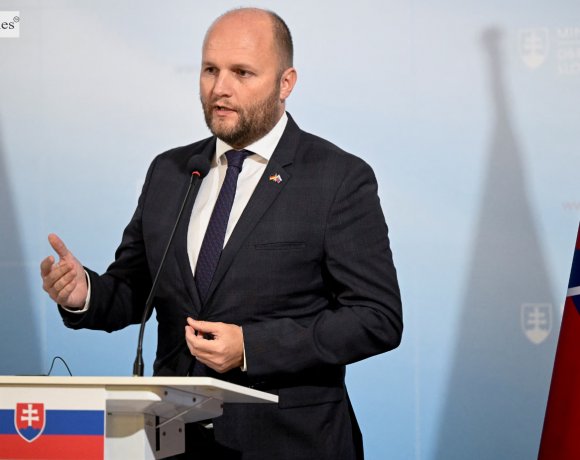
A Ukrainian man has been detained by a joint investigation team comprising Ukrainian, Czech, and Slovak police on suspicion of sending bomb threats to hundreds of schools across the Czech Republic and Slovakia. Authorities say the threats began in 2024 and disrupted the start of the school year for tens of thousands of students in September. The suspect was apprehended in a coordinated security operation in the early hours in Dnipro, eastern Ukraine.
According to the Czech Security Information Service (BIS), initial findings suggest that the suspect may have also targeted schools in other European countries and that his actions were “most likely financed by an actor from Russia.” Although further details have not been released, the case is being closely examined as part of wider concerns over alleged Russian hybrid warfare tactics involving cyber disruption and sabotage—accusations that Moscow has consistently denied.
Slovak police confirmed via Facebook that the three countries had established a joint investigative team, which also carried out home searches related to the case. Authorities have withheld additional information as the investigation is ongoing, but emphasized the international collaboration behind the arrest and its significance in countering cross-border threats.
Pic Courtesy: google/ images are subject to copyright

